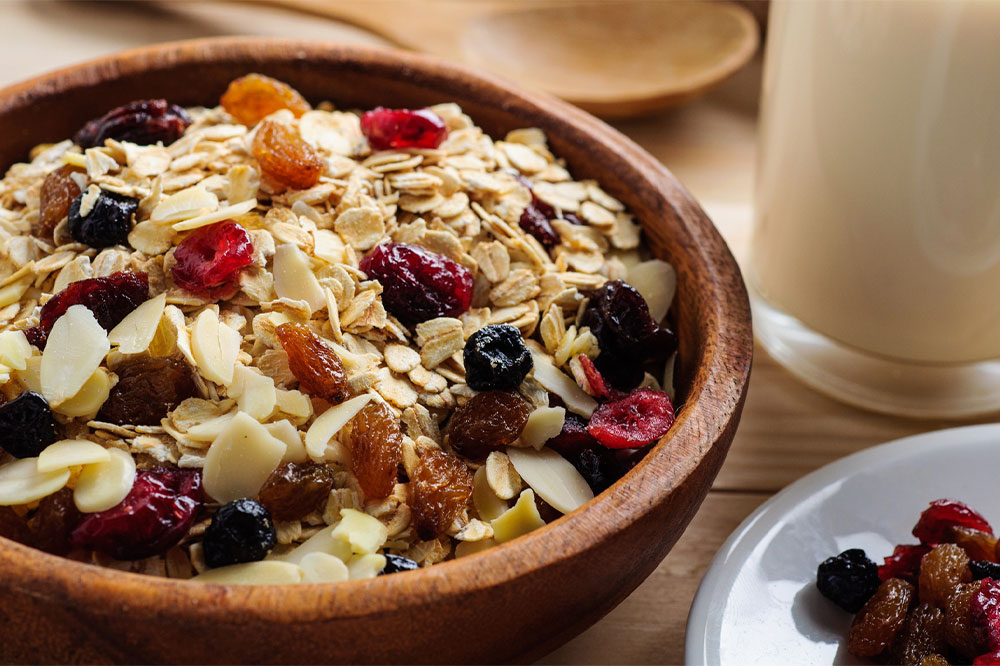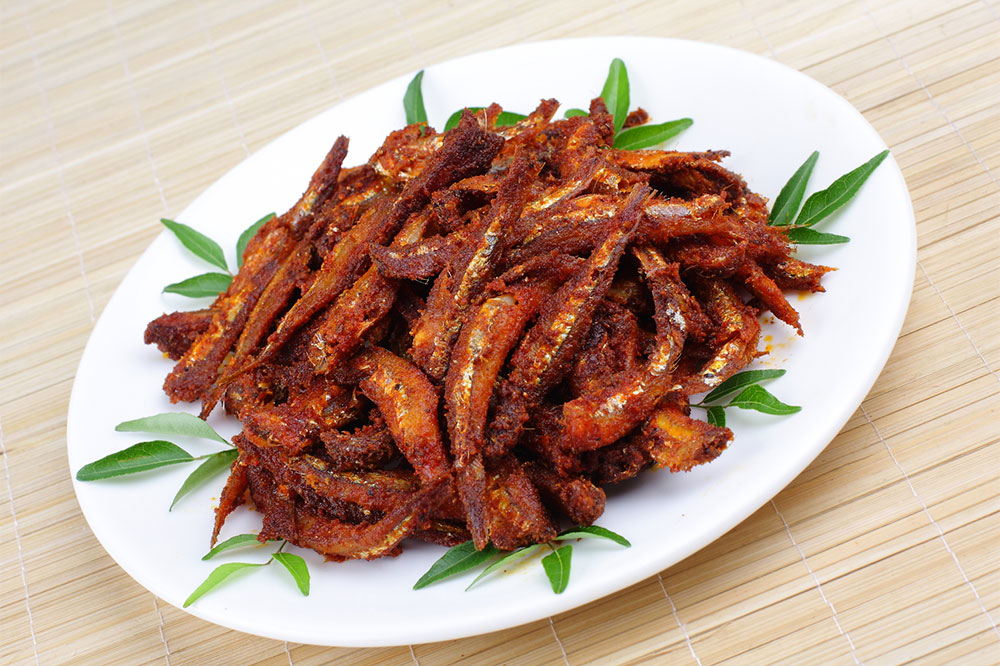Effective Dietary Strategies for Managing Ulcerative Colitis
This guide provides effective dietary tips for managing ulcerative colitis, focusing on nutrient-dense foods that support gut health and reduce inflammation. Incorporate omega-3 rich options, probiotics, squash, eggs, avocados, nuts, and lean meats for optimal symptom management and nutritional balance during flare-ups.
Sponsored

Choosing the right foods is essential for individuals with ulcerative colitis. The goal is to select nutrient-rich options that do not irritate the digestive system.
Incorporate omega-3 rich foods
Salmon is an excellent source of omega-3 fatty acids, which can help reduce inflammation in the colon and support heart health. Other sources include flaxseed oil, tuna, flaxseeds, and walnuts. Including these in your diet may alleviate inflammation during flare-ups.
Add probiotic foods to your meals
Fermented foods such as yogurt, kefir, miso, and sauerkraut are rich in probiotics—beneficial bacteria that support gut health and immune function. Always choose plain, unsweetened options with active cultures to avoid excess sugar. Incorporating probiotics can maintain healthy gut flora and aid digestion.
Include squash varieties in your diet
Squash like zucchini, butternut, and acorn are packed with antioxidants such as vitamins C and beta-carotene. Their fiber content promotes healthy gut bacteria and healing. Cooking methods like roasting and pureeing make squash suitable during flare-ups, and spaghetti squash can substitute noodles for a nutritious twist.
Nourish with eggs
Eggs are easy to digest and provide vital nutrients, including high-quality protein, selenium, and B vitamins. Consuming eggs in various forms—boiled, scrambled, or poached—can support nutritional needs during ulcerative colitis symptoms.
Enjoy healthy fats from avocados
Rich in heart-healthy monounsaturated fats, avocados support weight maintenance and combat malnutrition common in colitis patients. Use sliced avocados in salads, spread it on bread, or mash it as a creamy substitute for spreads and mayonnaise.
Incorporate nuts judiciously
Almonds and walnuts are nutrient-dense and provide beneficial fats. Add them to cereals or spread nut butters on toast. During flare-ups, limit nuts due to their fiber content, which could aggravate symptoms.
Opt for homemade applesauce
Unflavored applesauce is gentle for the gut and provides essential vitamins and minerals. Prepare it by cooking peeled and cored apples, avoiding added sugars, and flavoring naturally with spices or cinnamon if desired.
Choose instant oatmeal
Instant oats are a quick, easy-to-digest meal option with lower fiber content compared to steel-cut oats. Select plain or low-sugar varieties, and add fruits or cinnamon for flavor without irritation.
Prioritize lean proteins
Healthy protein sources like skinless poultry, lean beef, pork, and turkey are vital during inflammation. These options provide necessary nutrients without the excess saturated fat that might trouble the digestive system.






